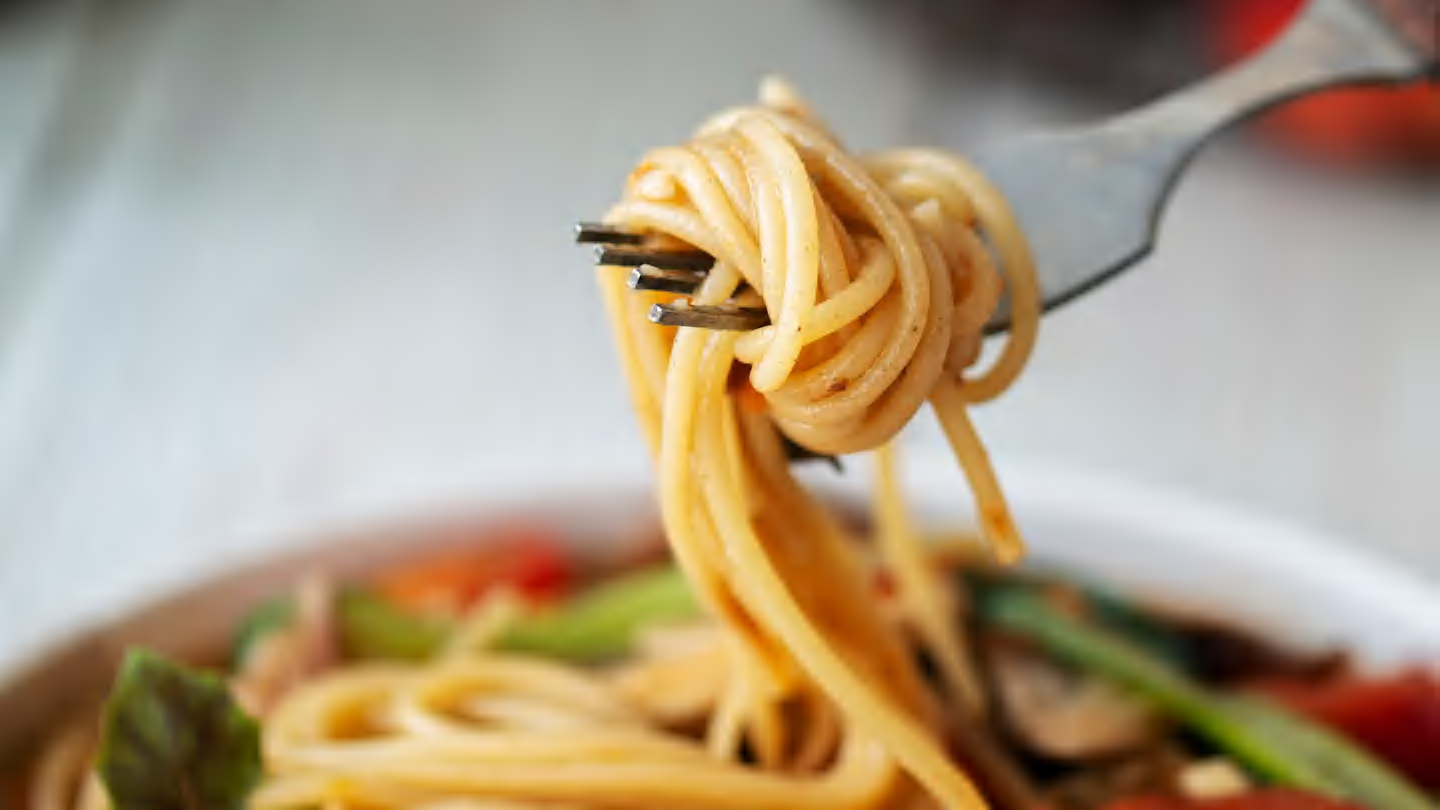
Those familiar with the predominantly French-speaking Canadian province of Quebec will know that it has a rich history and culture all its own, but still retains a lot of its French roots. Quebec has created public organizations meant to uphold particular cultural characteristics—and sometimes they might go a little too far.
On February 14, 2013, the Office Québécois de la Langue Française (OQLF), an organization tied to the Quebec Ministry of Immigration and Cultural Communities that monitors the public use of the French language, sent a letter of warning to the owner of Buonanotte, a chic Italian restaurant located in Montreal. The problem? The inclusion of words like pasta, antipasto, and bottiglia on the menu did not comply with Quebec’s Charter of the French Language, and were to be replaced with their French equivalents.
Once owner Massimo Lecas posted the seemingly absurd complaint to social media, the story was picked up by local news outlets and eventually reported worldwide. The online commotion—not to mention the many jokes caused by the complaint—and the subsequent public outcry came to be known as “pastagate.”
The charter itself is a language policy enacted in Quebec in 1977. It outlines French as the language of the Quebecois majority and the official language of the province, and is the main legal authority behind the OQLF’s enforcement policies. It’s the same legislation that mandated that all public signage in Quebec be in French so, for example, stop signs display ARRÊT.
But within the chapter entitled “Missions and Powers,” section 159 grants the office the capacity to be “responsible for defining and conducting Quebec policy on linguistic officialization, terminology and the francization of the civil administration and enterprises.” As for enforcing the rules, sections 161 and 162 stipulate they have the right to “see to it that French is the normal and everyday language of work, communication, commerce, and business in the civil administration and in enterprises,” and to “take any appropriate measure to promote French,” while also to “assist and inform the civil administration, semipublic agencies, enterprises, associations ,and natural persons as regards the correction and enrichment of spoken and written French in Quebec.”
Pastagate hit a national nerve about how these language policies ostensibly meant to reinforce French cultural heritage are imposed and interpreted. Eventually the OQLF admitted they acted with an “excess of zeal,” and allowed non-French words such as pasta to stay on menus, but with a minor caveat: OQLF spokesman Martin Bergeron said, “Other languages can be on the menu. The thing is they must not be predominant over French,” and “If it’s only the name of the dish, if it’s an exotic name in the language of origin, that won’t be a problem.” Despite backtracking from its initial objections, OQLF’s president Louise Marchand was forced to resign amid all the fervor, and the inquiry was dropped against Buonanotte.
The incident led many other restaurateurs throughout Quebec to cite their own OQLF run-ins. David McMillan, owner of Montreal’s famed restaurant Joe Beef, explained he was instructed to remove signs in English that said “exit” and “please leave this gate closed,” or face heavy fines. McMillan told the National Post, “I just get so sad and depressed and wonder, what’s wrong with these people?”
A version of this article ran in 2013 and it has been updated for 2022.
Pastagate: How Pasta Confounded the Quebecois Language Police
Source: Philippines Wonders
0 Comments